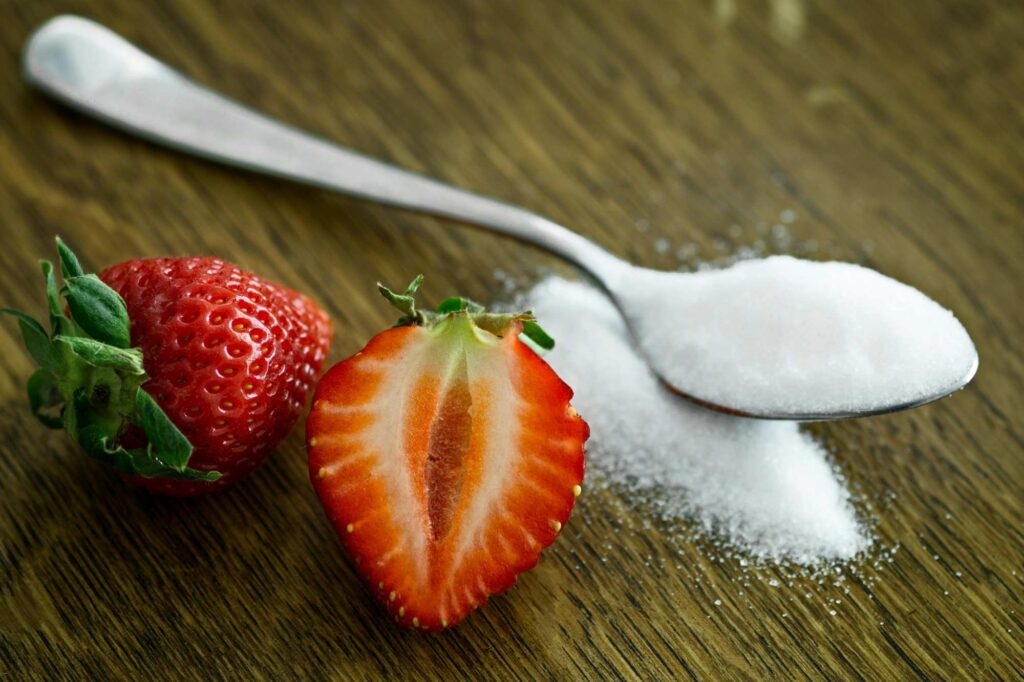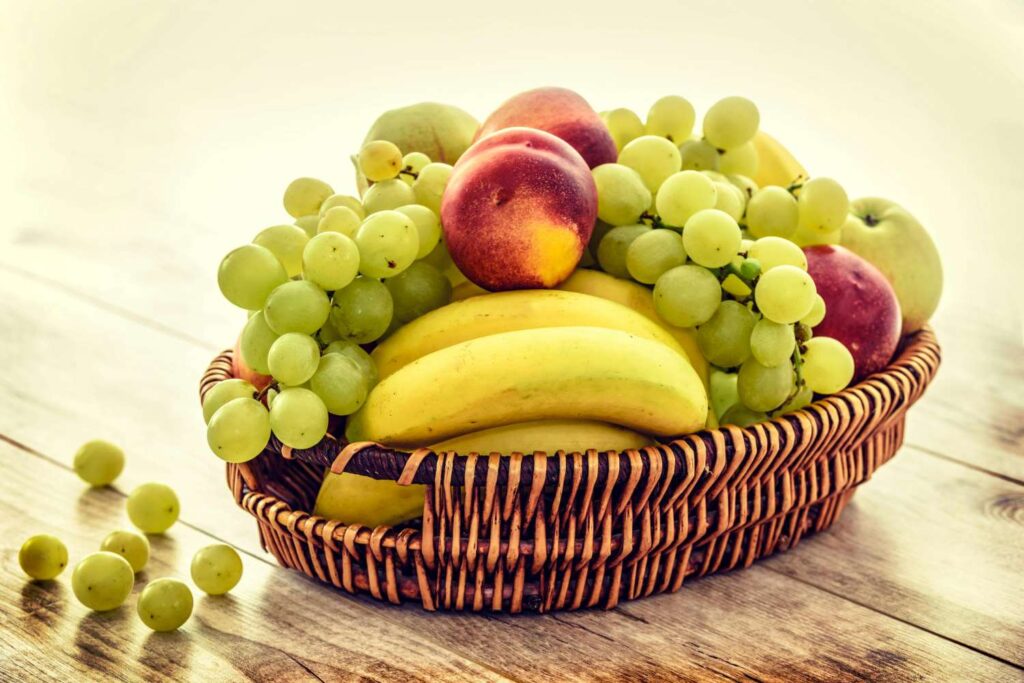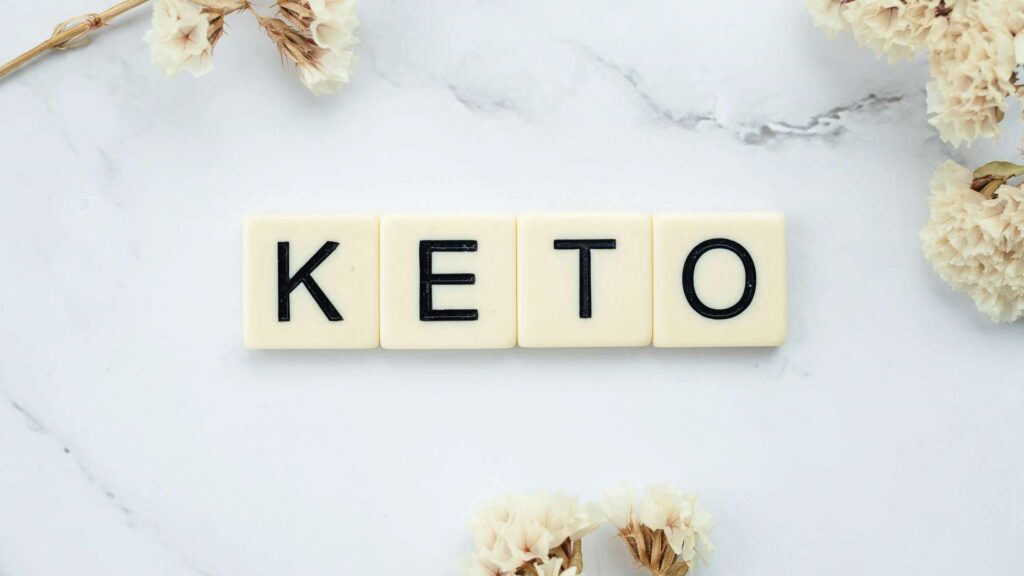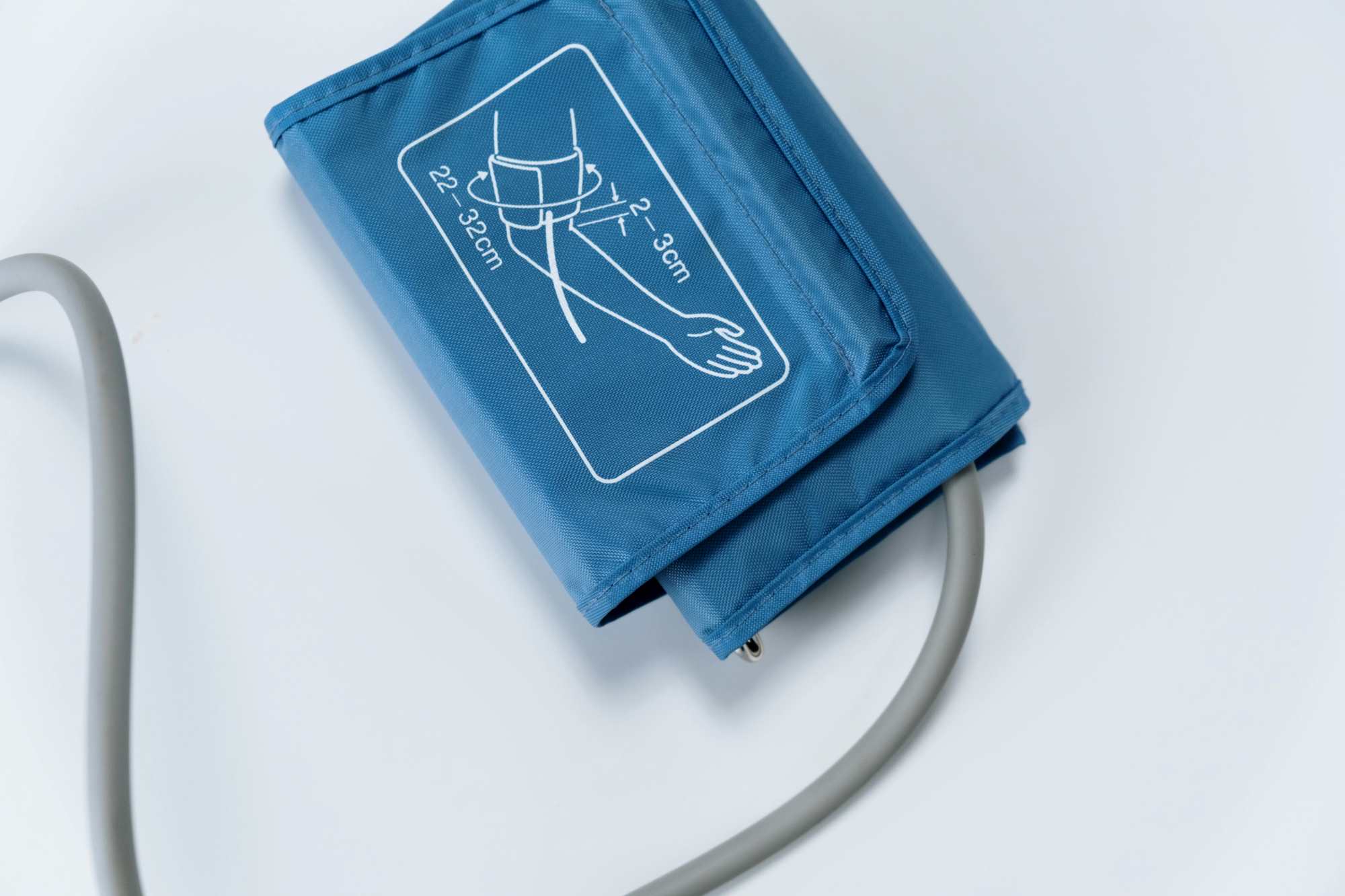Sweeteners such as erythritol, xylitol, stevia, sucralose, monk fruit, and yacon syrup are easily included into low-carb or ketogenic diets. On a low-carb diet, you might need to restrict your use of other sweeteners that are heavy in carbohydrates or sugar.
Reducing your intake of high-carb meals such processed snacks, starches, and sweets is part of the ketogenic diet.
This is necessary for your body to enter a metabolic condition known as ketosis, which forces it to start using fat reserves rather than carbohydrates as a fuel source.
Reducing sugar intake is another requirement for ketosis, which can make it difficult to sweeten baked products, sauces, dressings, and drinks.
Thankfully, you may choose from a variety of low-carb sweeteners.
Here are 6 low-carb, ketogenic sweeteners that work well and 6 that you should stay away from.

Stevia
The Stevia rebaudiana plant is the source of stevia, a naturally occurring sweetener.
It is regarded as a nonnutritive sweetener, meaning that neither calories nor carbohydrates are present in significant amounts.
Studies on both humans and animals have suggested that stevia may help reduce blood sugar levels in contrast to conventional sugar.
Stevia may be used to sweeten anything from drinks to desserts. It comes in liquid and powdered form.
Nevertheless, recipes call for less stevia to get the same flavor because it’s significantly sweeter than ordinary sugar.
Use just one teaspoon (tsp), or four grams (g), of powdered stevia for every cup, or 200 grams (g), of sugar.
Facts
Stevia is a natural sweetener derived from the Stevia rebaudiana plant that contains little to no calories or carbs.
Sucralose
Sucralose is an artificial sweetener that doesn’t give calories or carbohydrates since it doesn’t metabolize and goes through your body undigested.
Due to its lack of bitterness compared to many other artificial sweeteners, Splenda is the most widely used sucralose-based sweetener on the market.
Although sucralose has no calories, Splenda has two carbohydrates—maltodextrin and dextrose—that provide around 3 calories and 1 gram of carbohydrates each package.
Contrary to other sweeteners, sucralose might not work well as a sugar replacement in baked goods.
According to certain research, sucrose may react with high temperatures to form hazardous chemicals.
Instead, stick to alternative sweeteners for baking and use sucralose as a low-carb option to sweeten meals and beverages like yogurt and oats.
For most recipes, Splenda may be used in place of sugar at a 1:1 ratio.
But since pure sucrose is 600 times sweeter than ordinary sugar, you can substitute a little amount of sucralose for sugar in your favorite recipes.
Facts
Sucralose is a sugar substitute that has no calories or carbohydrates. The well-known sucralose-based sweetener Splenda has very little calories and carbohydrates.

Erythritol
One kind of sugar alcohol is erythritol, which is a naturally occurring class of substances that trigger your tongue’s sweet taste receptors to replicate the flavor of sugar.
With only 0.2 calories per gram, it has up to 80% of the sweetness of ordinary sugar but only 5% of the calories.
Furthermore, research suggests that erythritol, while having 4 g of carbohydrates per tsp (4 g), may help reduce blood sugar levels in the body.
Furthermore, it usually doesn’t result in the same digestive problems as other kinds of sugar alcohols because of its lower molecular weight.
Erythritol is utilized in cooking and baking, and it may be used in place of sugar in many different recipes.
Remember that it doesn’t dissolve as effectively as sugar and tends to have a cooling sensation, which might leave food tasting a little grainy.
To get the greatest results, replace one cup (200 g) of sugar with around 1 1/3 cups (267 g) of erythritol.
Facts
A kind of sugar alcohol called erythritol has just 5% of the calories of ordinary sugar while having an 80% sweetness level. According to studies, erythritol’s carbohydrates don’t have the same effect on blood sugar as ordinary sugar does.
Xylitol
Another prevalent sugar alcohol is xylitol, which is present in goods like mints, candies, and gum without added sugar.
It has the same sweetness as sugar, but just 3 calories and 4 grams of carbohydrates per teaspoon.
However, because xylitol doesn’t elevate insulin or blood sugar levels as much as sugar does, unlike other sugar alcohols, its carbohydrates don’t count as net carbohydrates (17Trusted Source).
Adding xylitol to tea, coffee, shakes, or smoothies is a simple way to enhance taste without adding extra carbohydrates.
It also functions well in baked products, albeit its tendency to absorb moisture and enhance dryness may mean that the recipe needs a little bit more liquid.
You may use xylitol for sugar in a 1:1 ratio since it has the same sweetness as ordinary sugar.
Reducing your consumption if you experience any negative effects is advised because large amounts of xylitol have been linked to digestive issues.
Facts
A sugar alcohol with the same sweetness as ordinary sugar is called xylitol. Xylitol’s carbohydrates do not contribute to the total quantity of net carbohydrates since they do not increase insulin or blood sugar levels in the same manner that sugar does.
Monk fruit sweetener

Monk fruit sweetener, as its name suggests, is a naturally occurring sweetener made from the fruit of a plant endemic to southern China.
Much of the fruit’s sweetness is attributed to the presence of naturally occurring sugars and substances known as mogrosides, which are antioxidants.
Monk fruit sweetener can be 100–250 times sweeter than ordinary sugar, depending on the content of mogrosides.
Monk fruit extract is a fantastic addition to a ketogenic diet because it has no calories and no carbohydrates.
According to an earlier study, mogrosides may also increase insulin release, which can enhance the removal of sugar from the bloodstream and aid in blood sugar regulation (21Trusted Source).
When purchasing monk fruit sweetener, make sure to read the contents label carefully because the extract is occasionally combined with sugar, molasses, or other sweeteners, which might change the amount of calories and carbohydrates in the product.
You may use monk fruit sweetener in any recipe that calls for ordinary sugar.
Depending on what additional substances a certain brand may have, the quantity you use may change.
Some suggest using half the amount of monk fruit sweetener instead of sugar, while others suggest using an equal amount.
Facts
Natural sweetener made from monk fruit is 100–250 times sweeter than sugar and has no calories or carbohydrates.
+1 Yacon syrup
Yacon is a plant whose roots are used to make syrup. It is a tuber that is often cultivated in South America.
Fructooligosaccharides (FOS), a kind of soluble fiber that your body is unable to digest, are abundant in the sweet syrup of the yacon plant.
Additionally, it includes fructose, glucose, and sucrose, among other simple sugars.
Yacon syrup has roughly half the calories of ordinary sugar, with just 7 calories per tsp, or 5 milliliters (mL), because your body doesn’t absorb a significant amount of it.
Furthermore, research indicates that although yacon syrup contains roughly 4 g of carbohydrates per tsp (5 mL), these carbohydrates don’t have the same effect on blood sugar as conventional sugar.
Indeed, research on humans and animals has discovered that yacon syrup may aid in lowering insulin and blood sugar levels to support blood sugar regulation.
Yacon syrup works best when used as a sugar substitute in cereal, coffee, tea, and salad dressings.
However according to some earlier studies, cooking with yacon syrup is not advised since the fructooligosaccharides might degrade when exposed to high heat.
Use the same quantity of yacon syrup in place of molasses, corn syrup, or cane juice, or any other liquid sweetener.
Facts
Yacon syrup is a sweetener that is high in fructooligosaccharides, which are indigestible fibers. Research on humans and animals indicates that yacon syrup may have hypoglycemic properties.

Sweeteners to stay away from while following a ketogenic low-carb diet
While you may enjoy several low-carb sweeteners while following a ketogenic diet, there are also plenty that aren’t the best.
The following sweeteners can raise blood sugar, disrupt ketosis, and are heavy in carbohydrates:
- Maltodextrin: Made from starchy plants like rice, maize, or wheat, this highly processed sweetener has the same caloric and calorie content as ordinary sugar.
- Honey: Refined sugar is not as healthy as high-quality honey as it is packed with minerals and antioxidants. It might not be appropriate for a ketogenic diet, though, as it is still heavy in calories and carbohydrates.
- Coconut sugar: This type of sugar is taken more slowly than ordinary sugar since it is made from the sap of the coconut palm. But it also contains a lot of fructose, which might make it harder to regulate blood sugar levels.
- Maple syrup: Not only does each serving of maple syrup provide a healthy dose of micronutrients like zinc and manganese.
- Agave nectar: About 80% of agave nectar contains fructose, which can lead to metabolic syndrome and reduce your body’s sensitivity to insulin, making it harder for your body to control blood sugar levels.
- Dates: This dried fruit is frequently used to naturally sweeten recipes. Dates are high in carbohydrates even if they are low in fiber, vitamins, and minerals.



